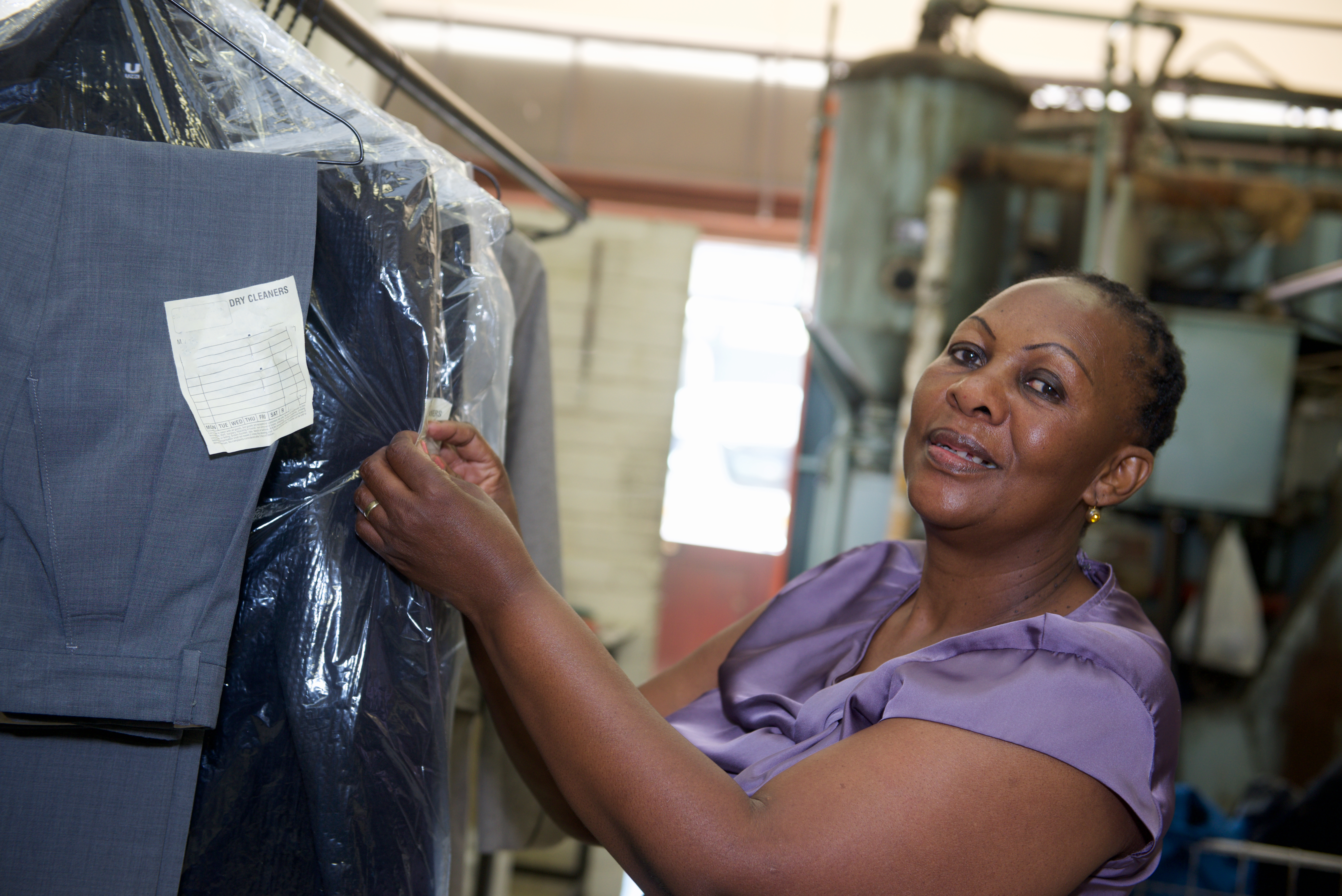Migration to and from the UK has always been a central part of the history of the UK, but have previous narratives largely ignored the everyday experiences of women? Linda McDowell, Professor of Human Geography in the School of Geography and the Environment, aims to set the record straight, with interviews with 74 working women who have settled in the UK at different times over the last 60 years.
Their accounts document their struggles to overcome discrimination and disadvantage to rebuild their lives in the book, Migrant Women's Voices: talking about life and work in the UK since 1945. They describe their journeys, their lives after migration, and the world of work in factories, hospitals and care homes, banks, hotels, shops, universities or driving buses. All the stories were collected between 1992 and 2012 and their female perspective challenges conventional histories and geographies of post-war change in British society. They relate stories of dispossession, hunger, violence and rape, but also the joy of rebuilding lives, establishing families and forging new ties with the community into which they settle. 'In the increasingly rancorous debates about the impact of migrants and possible Brexit, women migrants are seldom heard,' Professor McDowell says.
The migration rhetoric is sometimes negative, particularly recently, but my hope is that these inspiring stories of “ordinary” but inspiring lives will help challenge some of the negativity around the impact of migration in the UK.
Linda McDowell, Professor of Human Geography
The book includes stories of female refugees who came to Britain at the end of World War II; of the boat people from Vietnam; the migrants from Pakistan and India after independence; those expelled by Ugandan dictator Idi Amin; and refugees who sought sanctuary after the Balkan war at the end of 1990s. Jewish women were given a home and work in the 1930s; and women and men from the Baltic States were transformed from asylum-seekers into what were termed 'European Volunteer Workers' and employed to assist in the post-war reconstruction efforts. Others featured include refugees after the Hungarian crisis in 1956, and East African people of South Asian heritage who came over in the mid-1960s.
Professor McDowell said: 'Some of these women walked halfway across Europe; others struggled in independence movements, seeing their fathers or husbands assassinated for their beliefs. Famine, wars, escape from sexual violence, or the search for employment were reasons for coming here. As economic integration continues and global businesses seek labour across ever wider spaces, migration seems likely to increase. In recent decades woman have been an increasing proportion of the total number and the quiet heroism of their everyday lives deserves far greater recognition.'
In the immediate post-war years, as many British women were leaving the labour market, women migrants were joining it, some as employees in the newly expanding public sector including the NHS. In the second half of the 20th century, many more women went to work as standards of living rose and a second income became more of a norm. Women stayed at school longer, went to university, and worked for wages for longer periods over their lifetime. By the start of the 21st century, jobs in the services had overtaken manufacturing. In the UK, by 2011, more than eight in every ten women workers were employed in the service sector. Recently, however, the post-crisis austerity programme and cuts in public sector budgets since 2008 have reduced women’s options, suggests the book. Migrant women are often in jobs that typically white women prefer not to do, some of them have dubbed it the 'dirty work' of caring for others. Even migrants with qualifications have been restricted to low-paid work, at least initially, with some female lawyers, bankers and doctors from both Old and New Commonwealth countries finding opportunities are limited because of discrimination on the basis of gender rather than nationality, according to some of the women interviewed.
